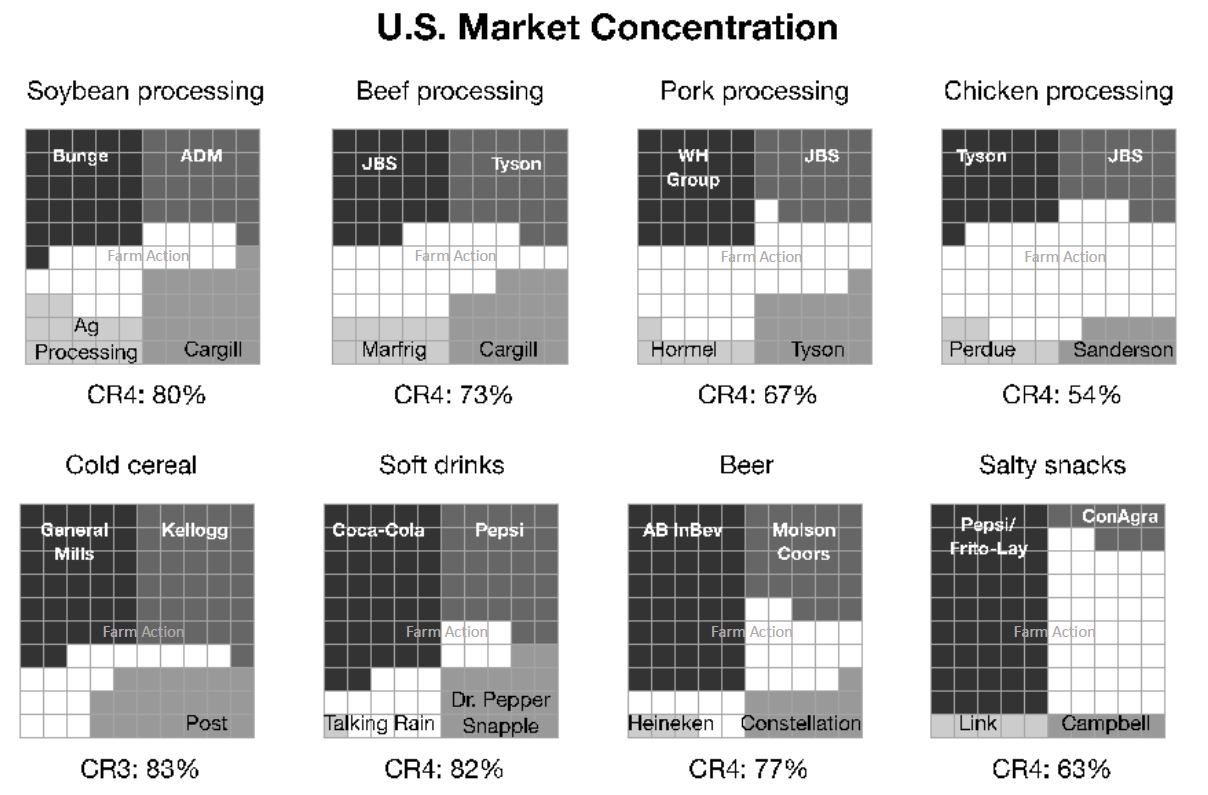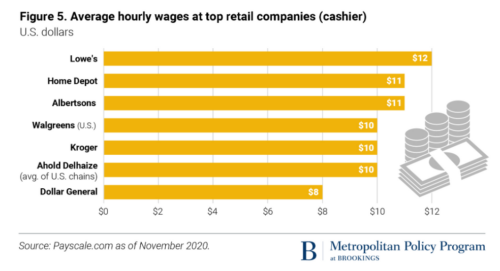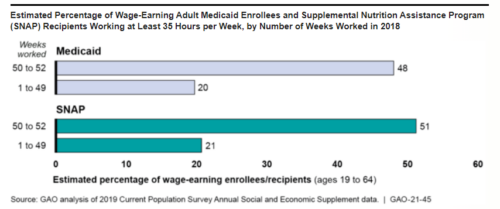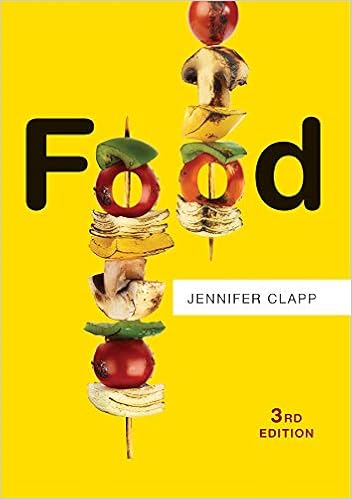Weekend reading : Food ethics
Alan Goldberg, editor (with Cara Wychgram, associate editor). Feeding the World Well: A Framework for Ethical Food Systems. Johns Hopkins University Press, 2020.
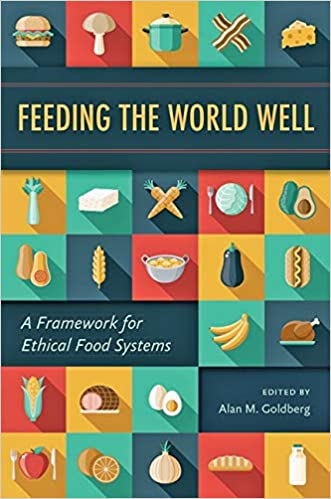
This book contains papers presented at a symposium sponsored by Johns Hopkins Berman Institute of Bioethics and the Bloomberg School of Public Health in November 2018. I was one of the presenters and my paper appears as Chapter 8. Conflicts of Interest in Food and Nutrition Research, pages 89-97.
The book contains 31 chapters on ethical issues in food systems, specifically as they relate to the environment, producers and workers, public health, and animal welfare. The book constitutes part of the Choose Food project, which seeks to identify the range of ethical concerns about food production and consumption.
I don’t ordinarily recommend multi-authored books, but this one is especially clear and well written thanks to the extraordinary leadership of Alan Goldbeg and the even more extraordinary editorial work of Cara Wychgram. The book reads as if it is written in one voice, which alone is a major achievement.
I know this because my chapter is based on a transcript of my presentation, which Cara edited, and I think it reads clearly and well. (Here is a draft of my chapter; you can decide for yourself).
If you are interested in what food ethics is all about, this is a great way to begin. And a good time for it!


